Interviews Archive
“Those who are still around have an obligation to honor that tragedy but turn it into something else”: An Interview with Hua Hsu

Hua Hsu’s new memoir ends with his decision to go to therapy to attend to his irrational guilt over his friend’s death. It helps him come to the realization that what he wanted to write was not a eulogy but a “true account of the deceased,” one filled with
“If an object entered my life somehow, I would put it in the book and see what happened”: An Interview with Ruth Ozeki
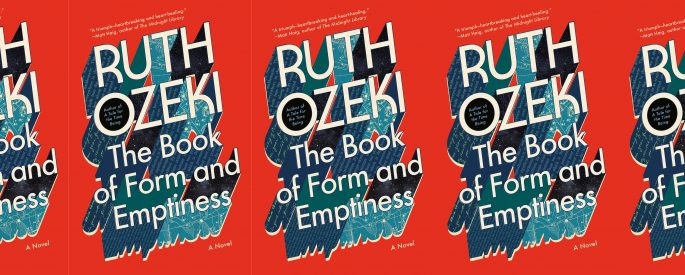
Objects are characters in Ruth Ozeki’s latest novel. And as her masterful structure makes clear, we the readers, like the book’s protagonist, are hearing voices too: the Book has a mind of its own.
“Fiction became a place I made to learn for myself what we have endured”: An Interview with Joseph Han
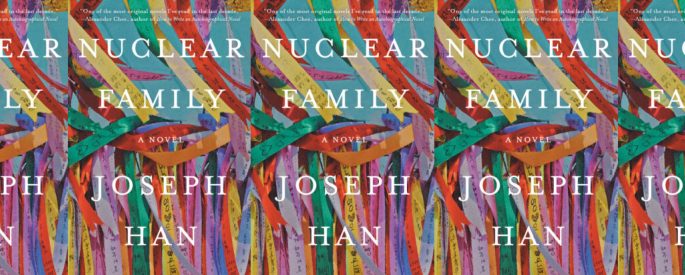
Joseph Han’s debut novel can be described in a myriad of ways—it’s a ghost story, an immigrant novel, a meditation on the legacy of the Korean War and colonialism, a multi-generational saga, an eco-Hawai’i novel, even a humorous stoner manual.
“In memoir writing, vulnerability is the highest rigor”: An Interview with Putsata Reang
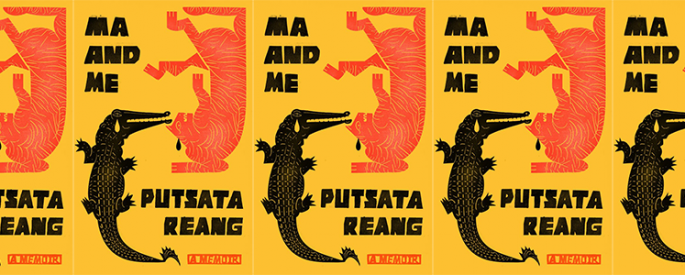
Putsata Reang’s new memoir delves into the realization that many of her greatest struggles are rooted in the past, under the weight of inherited trauma and filial duty. Even so, Reang unshackles herself from family history and forges an identity of her own.
“I wanted to write towards a kind of healing and recovery”: An Interview with Shelley Wong
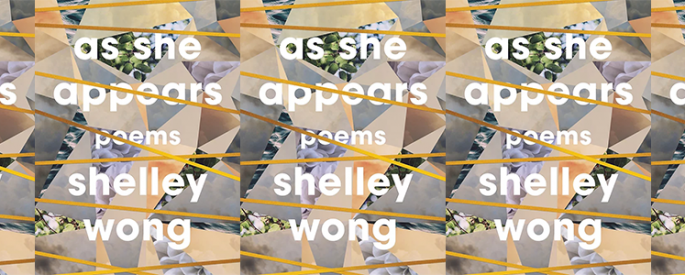
Shelley Wong’s debut poetry collection reaches towards a place where people can live a life of depth and multiplicity beyond appearance, a “hypergreen periphery” of plenitude and possibility where “any tree can become a ladder.”
“Grief with animals isn’t the same, and we can learn something from that”: An Interview with Annie Hartnett
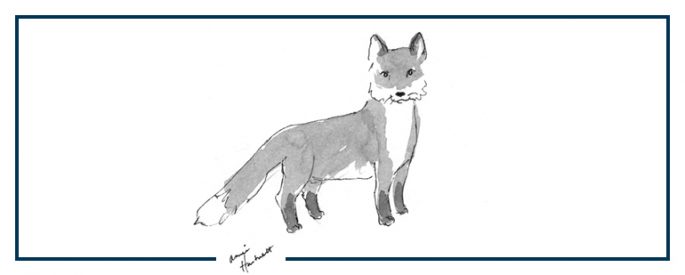
By combining the voices of the dead with the experiences of the living, Annie Hartnett builds a sense of community. Her characters are not navigating hardships in isolation but with the support of family and friends, animals and the dead.
“Women carry so much of this love and its afterlife”: An Interview with Megan Mayhew Bergman
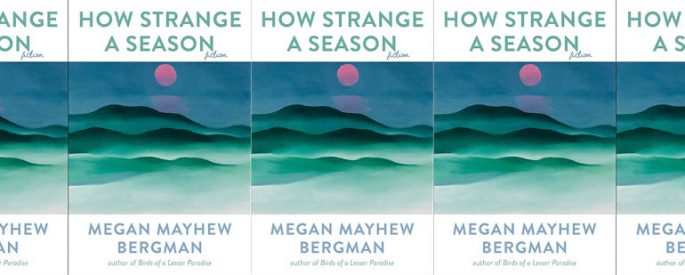
The stories in Megan Mayhew Bergman’s third collection deal with the idea of inheritance—what parts of themselves women bequeath to their children, to one another, to men, and what’s left once those parts are given away.
“Girlhood is a much darker, more complex—more amazing—experience than what that association suggests”: An Interview with Melissa Febos
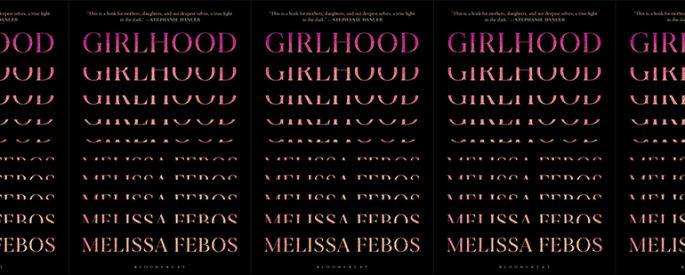
The essays of Febos’s new essay collection read less like a coming-of-age story than they do like a manifesto of all the ways girlhood takes a toll on a girl’s life, as well as of the cultural experience of being a woman.
“We are this horrible animal, all of us”: An Interview with Gina Tron
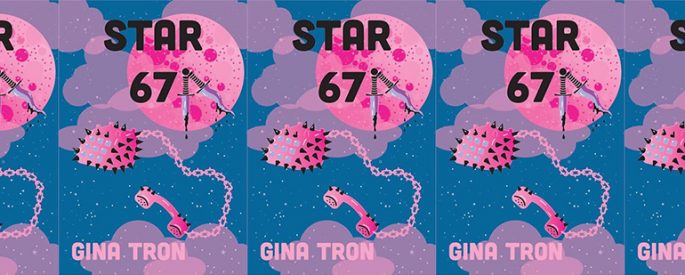
If we are to rest on the definition of poetry Major Jackson has offered, American poets “write in the wake of a long tradition of resistance.” In responding to American violence with both intimacy and anger on the page, Tron engages in just such an act of resistance.
“My hope is this book is not simply a literary artefact, and that it is used for more than my own personal redemption”: An Interview with Ravi Shankar
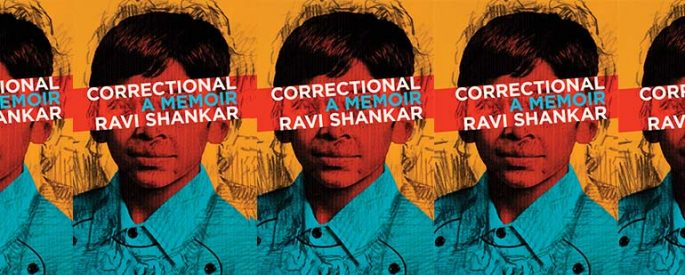
Ravi Shankar’s new memoir positions traumatic memory and its Hartmanian alignment with a paradoxical capacity for both knowledge and nescience at center-stage: the reader is warned that the tale to be told may in one sense be fictive as much as factual, but that it will, nonetheless, be told